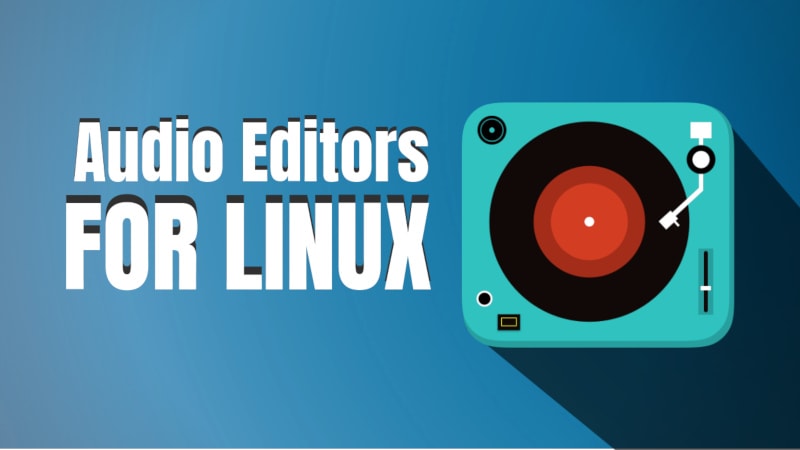Linux Community Wins as Fedora Cancels 32-Bit Removal Plan
Fedora's 32-bit removal plan has been dropped due to intense backlash from the community.
The open-source audio editor gets better, adding convenience.


Audacity holds one of the spots for being the best audio editor for Linux, even though it's had a fair share of controversies since being acquired by the Muse Group. It is still a solid option for those looking for an install it and forget it solution.
Late last year, we saw the Audacity 3.4 release being introduced with important fixes on offer, and just a few months later, we now have the Audacity 3.5 release that follows in the same steps.
With this release, Audacity now features support for Cloud Saves via audio.com. To use that, you have to save a project, then click on the “Save to Cloud” option, and after giving it a name, click on “Save”.
Going forward, whenever you save that project, Audacity will automatically sync it with audio.com. Note that you will have to create an account on audio.com before you can take advantage of cloud syncing on Audacity.
You can also open any existing cloud files from within the app, invite others to check out your project, and restore any lost work by accessing the “Versions” tab on your audio.com dashboard.
On the audio editing side of things, Audacity 3.5 now has support for non-destructive pitch shifting, which can be done by holding down the “Alt” key and pressing the “Up/Down Arrow” keys. You can do the same from the overflow menu by using the “Pitch and speed…” option.
And, to wrap this up, there's automatic tempo detection that Audacity can carry out to detect the tempo of imported loops while also adjusting them to be in tempo. It works by employing both audio analysis and metadata checks.
You can also skip audio analysis when preparing a loop for automatic tempo detection by adding “123 bpm” in the filename. If this feature is not your cup of tea, then you can disable it by going into “Preferences”, then “Import/Export”.
Other than the highlights, there are a few other notable changes:
For technical details, you can head to the official release blog or the release notes.
The best way to grab the latest Audacity release is from the official website.
At the time of writing, both the Flatpak store and the Snap store (community-maintained) featured older builds of Audacity, though that should change soon.
You can also refer to the releases section of Audacity's GitHub repo to download this release or to contribute to the source code.
Suggested Read 📖

It's FOSS turns 13! 13 years of helping people use Linux ❤️
And we need your help to go on for 13 more years. Support us with a Plus membership and enjoy an ad-free reading experience and get a Linux eBook for free.
To celebrate 13 years of It's FOSS, we have a lifetime membership option with reduced pricing of just $76. This is valid until 25th June only.
If you ever wanted to appreciate our work with Plus membership but didn't like the recurring subscription, this is your chance 😃
Stay updated with relevant Linux news, discover new open source apps, follow distro releases and read opinions